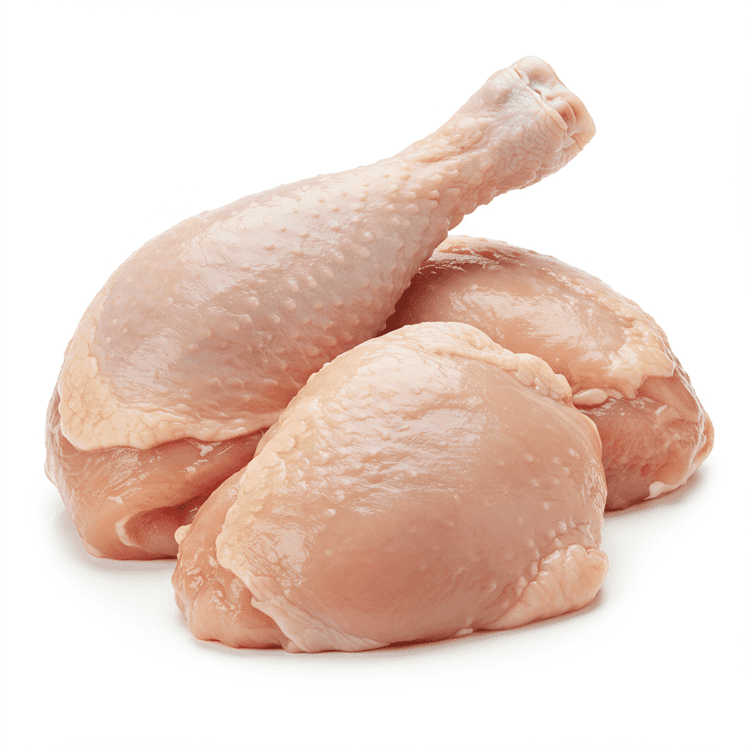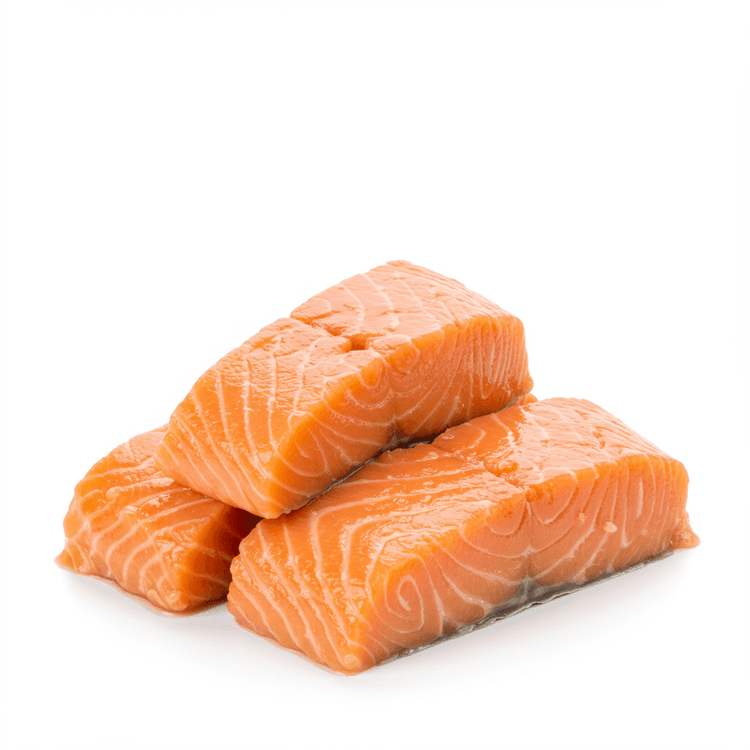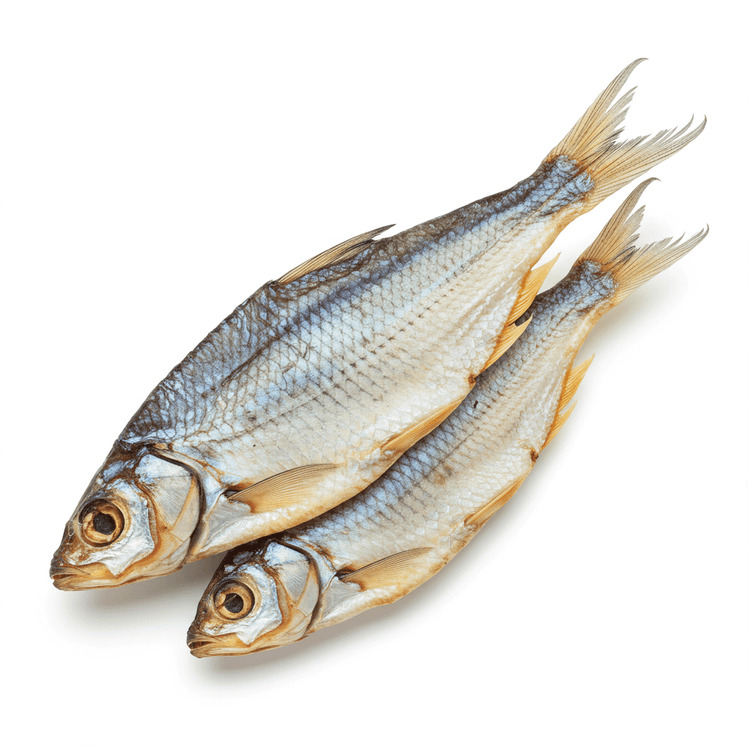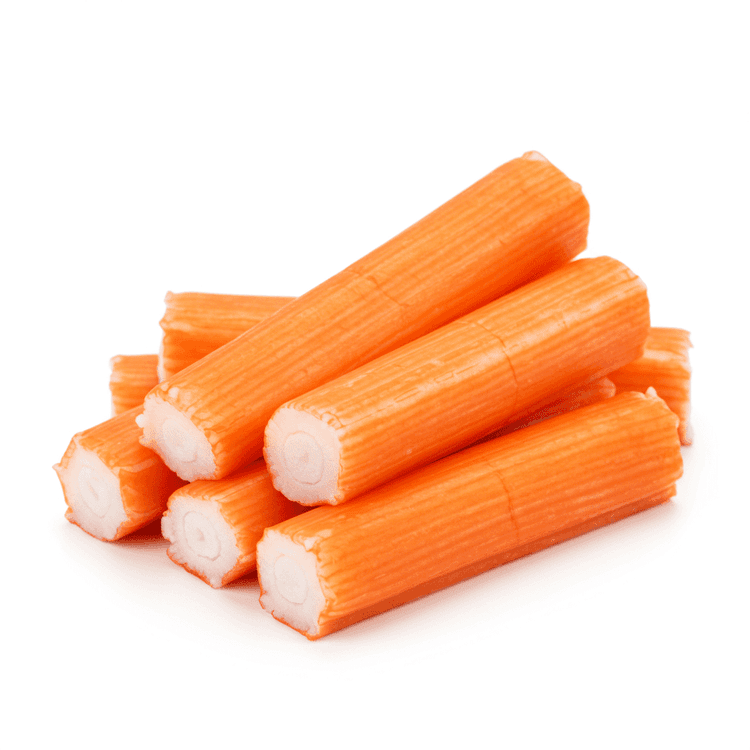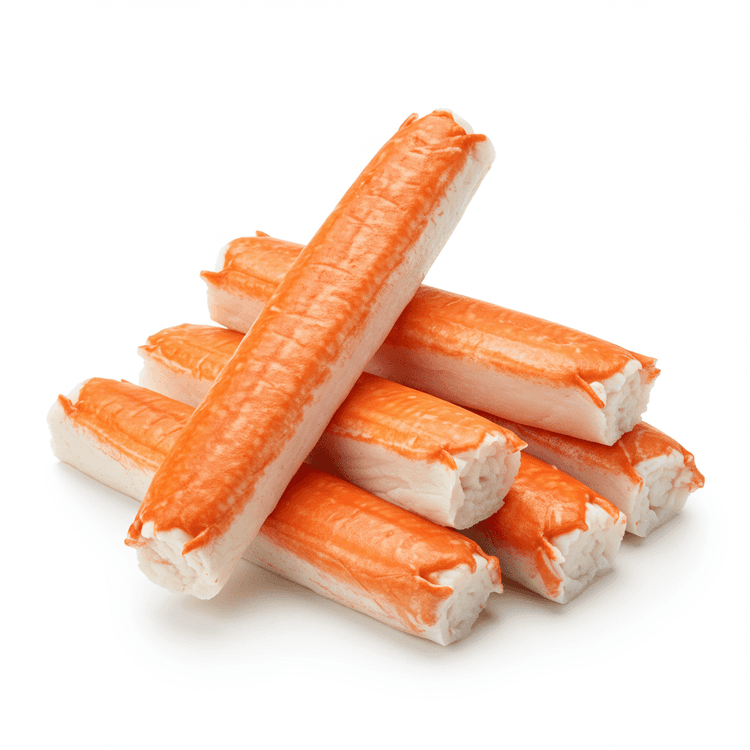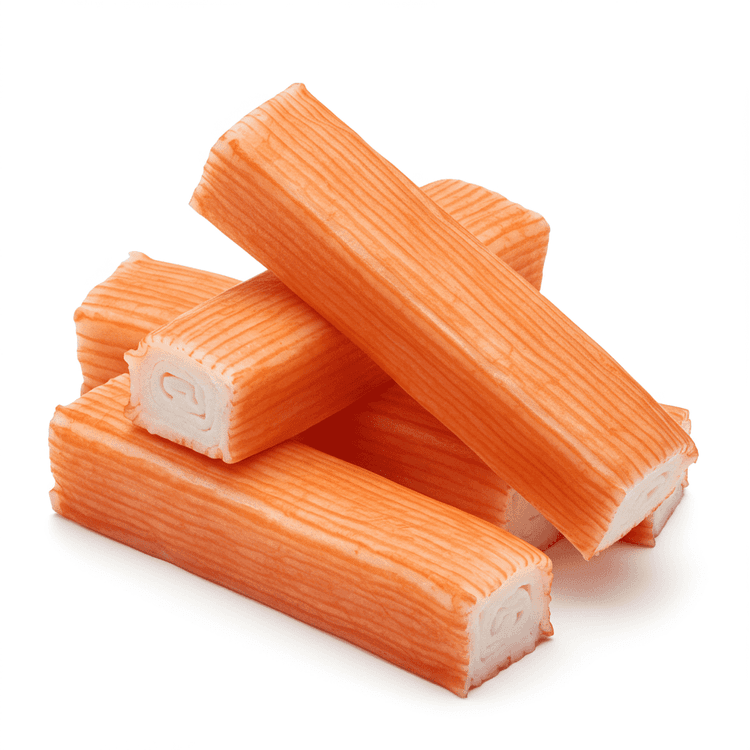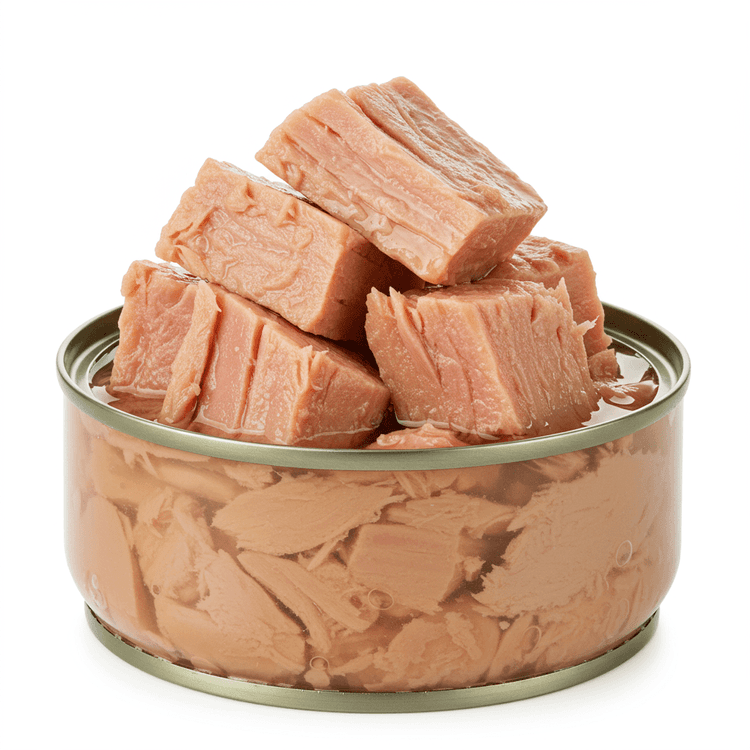
Canned Tuna
Canned tuna is a convenient and versatile pantry staple made from various species of tuna, most commonly albacore (white tuna) and skipjack (light tuna). It's typically packed in water, oil, or flavored sauces. The flavor ranges from mild and delicate (albacore) to more pronounced and fishy (skipjack). The texture is flaky and can vary from firm to softer depending on the packing liquid and tuna species. High-quality canned tuna should be light in color and free of excessive dark meat. As a readily available and affordable source of protein, canned tuna is used extensively in quick meals and recipes.
Common Uses
- Used to make tuna salad for sandwiches, wraps, or served on crackers; mix canned tuna with mayonnaise, celery, onion, and seasonings for a classic tuna salad recipe.
- Added to pasta dishes for a quick and easy protein boost; combine canned tuna with cooked pasta, vegetables, and a creamy or tomato-based sauce for a satisfying meal.
- Used as a filling for tuna melts or stuffed vegetables; create a cheesy tuna melt sandwich or stuff bell peppers, tomatoes, or zucchini with a mixture of tuna, rice, and vegetables.
- Incorporated into casseroles and baked dishes for added flavor and nutrition; layer canned tuna with pasta, vegetables, and cheese in a casserole dish and bake until golden brown.
- Used as a topping for pizzas or flatbreads; sprinkle canned tuna over pizza dough along with your favorite toppings for a seafood-inspired pizza.
- Added to salads for extra protein and flavor; flake canned tuna over a green salad or mixed vegetable salad for a heartier and more filling meal.
Nutrition (per serving)
Nutrition (per serving)
Calories
198.0kcal (9.9%)
Protein
40.5g (81%)
Carbs
0.0g
Sugars
0.0g
Healthy Fat
1.9g
Unhealthy Fat
0.5g
% Daily Value based on a 2000 calorie diet
Nutrition (per serving)
Calories
198.0kcal (9.9%)
Protein
40.5g (81%)
Carbs
0.0g
Sugars
0.0g
Healthy Fat
1.9g
Unhealthy Fat
0.5g
% Daily Value based on a 2000 calorie diet
Health Benefits
- Rich in omega-3 fatty acids, promoting heart health and reducing inflammation.
- Excellent source of high-quality protein, essential for muscle building and repair.
- Provides vitamin D, crucial for bone health and immune function.
- Contains selenium, an antioxidant that supports thyroid function.
- Good source of B vitamins, important for energy production and nerve function.
- Offers essential minerals like iron and potassium, contributing to overall well-being.
Substitutes
Chefadora AI is here.
Experience smarter, stress-free cooking.
Storage Tips
Unopened canned tuna is shelf-stable and can be stored in a cool, dark, and dry place, like a pantry or cupboard, at room temperature. Check the expiration date before use. Once opened, transfer any unused tuna to an airtight container and refrigerate immediately. Consume refrigerated tuna within 3-5 days for optimal quality and safety. Do not freeze canned tuna as it can alter the texture and flavor.
Marnirni-apinthi Building, Lot Fourteen,
North Terrace, Adelaide, South Australia, 5000
Australia

